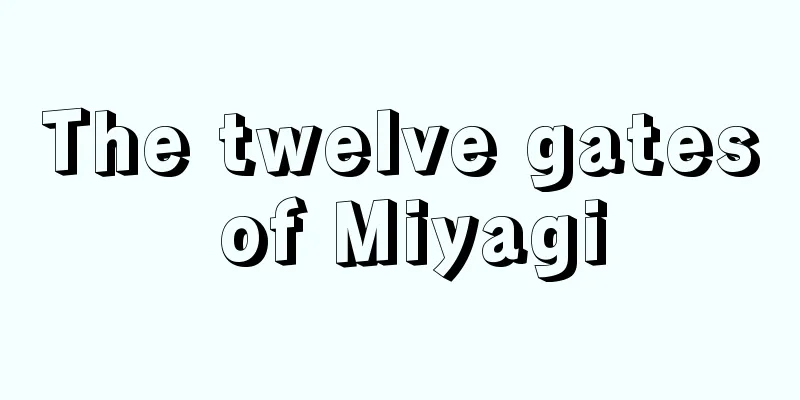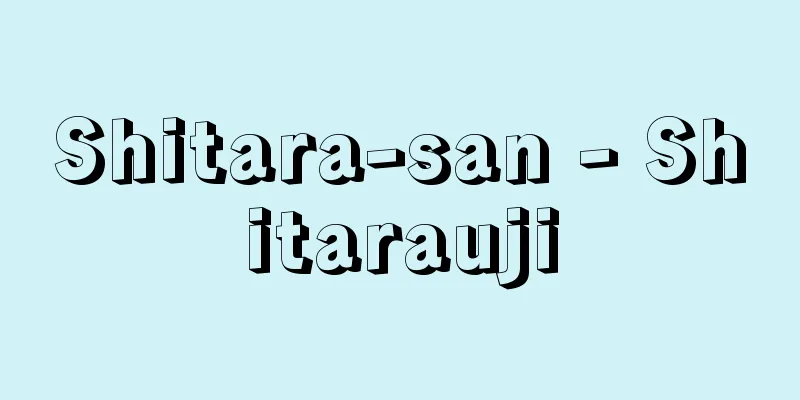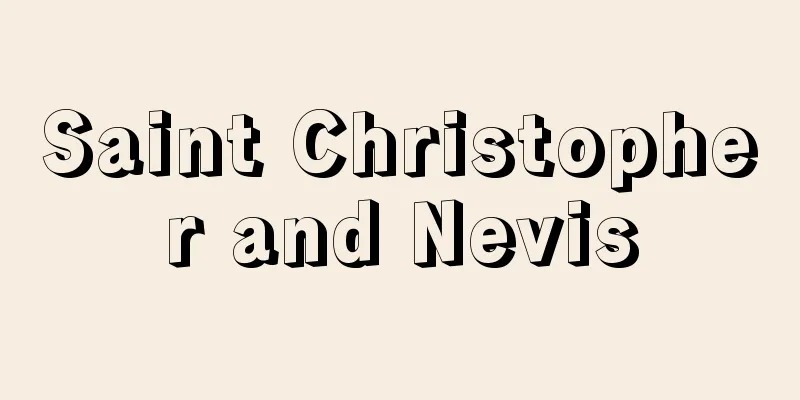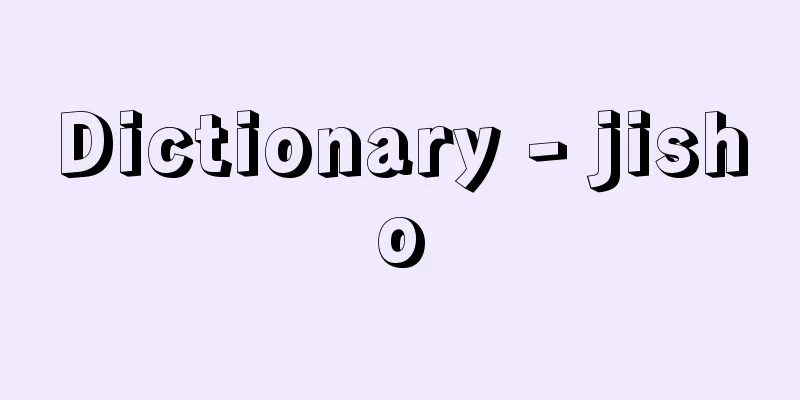Inmates - Inmates
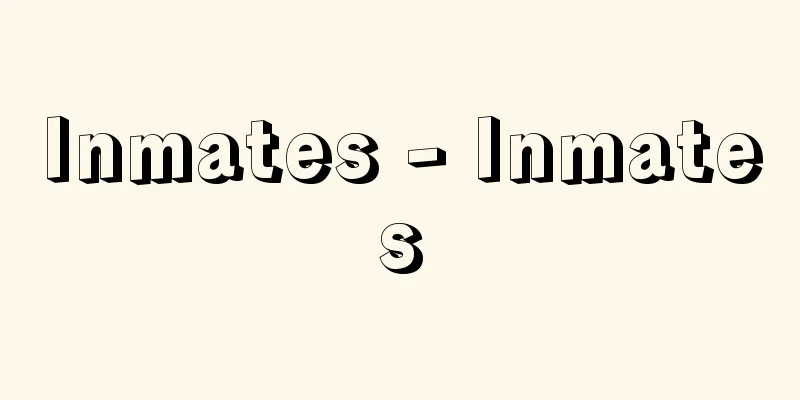
|
Refers to a person serving a sentence of imprisonment (imprisonment, incarceration, detention). The Penal Detention Facility Law collectively defines imprisoners, incarcerated ... The Penal Detention Facility Law stipulates that "the treatment of prisoners shall be based on the qualities and environment of each prisoner, appealing to his/her self-awareness, aiming to stimulate his/her will to reform and rehabilitate, and to develop his/her ability to adapt to social life" (Article 30). Treatment based on this treatment principle is called "corrective treatment," and three methods are available: "work (Articles 92 and 93)," "improvement guidance (Article 103)," and "academic guidance (Article 104)." Correctional treatment is carried out according to "treatment guidelines" that are established based on an investigation of the qualities and environment of each prisoner (treatment investigation), and in order to implement the treatment effectively, prisoners are organized into groups as necessary to receive treatment. As a result of the treatment survey, each inmate is assigned a "treatment index" consisting of the type and content of correctional treatment, as well as the individual's attributes and the progress of their criminal tendencies. This will determine the facility in which they will be detained and the priority policy of the correctional treatment appropriate for each individual. In principle, prisoners are provided with certain clothing, food, miscellaneous items, etc., and many of them live regular lives in shared rooms. Prisoners serving penal servitude are forced to do work, while others will work if they volunteer. They are given a work bonus (not a wage) for work. However, since prisoners are not permitted to possess money inside the prison, it is kept as a "accounting money" while incarcerated, and is handed over to them upon release (although in certain cases, it is permitted to use it while incarcerated, such as to purchase personal items, help the livelihood of relatives, or to pay compensation to victims). During leisure time, inmates are allowed to read, participate in various club activities, watch television, listen to the radio, and attend religious instruction. There are also restrictions on meetings, sending letters, bathing, the number of times hair is cut, and hairstyles, and they are prohibited from drinking alcohol and smoking. To maintain their health, they are given the opportunity to exercise outdoors, preferably for at least 30 minutes a day, excluding Saturdays, Sundays, and holidays (Article 57 of the same law). Those who violate the rules set out in advance may be punished (Articles 151 and following), and if they flee, the crime of fleeing under the Penal Code will apply. However, prisoners are not outlaws (people outside of legal protection). Because of their status, there are situations where constitutional guarantees (freedom of assembly, association, residence, choice of occupation, etc.) are excluded, and freedom of expression, communication, academic pursuit, etc. may be restricted to a reasonably necessary extent from the perspective of the management and operation of the facility and the purpose of treatment, but freedom of thought, conscience, religion, etc. are not permitted to be restricted by law. In the case of unjust human rights violations against prisoners, they may seek legal relief under the Administrative Appeal Act, Administrative Case Litigation Act, and State Compensation Act. [Shuichi Susuki and Masaoki Ishikawa] [Reference] | | |Source: Shogakukan Encyclopedia Nipponica About Encyclopedia Nipponica Information | Legend |
|
自由刑(懲役、禁錮(きんこ)、拘留)の執行を受けている者をいう。刑事収容施設法は懲役受刑者、禁錮受刑者、拘留受刑者の自由刑受刑者を総称して「受刑者」と定義している。これとは別に、同法は、(1)刑事訴訟法の規定により逮捕留置されている「被逮捕者」、勾留されている「被勾留者」、その他未決の者として拘禁されている者を総称して「未決拘禁者」とよぶほか、(2)死刑の言渡しを受けて拘置される者を「死刑確定者」とよび、受刑者・未決拘禁者・死刑確定者に対する処遇原則を別個に定める(刑事収容施設法2・30・31・32条)。なお、これらの者等を収容し、必要な処遇を行う施設のことを「刑事施設」といい、刑事施設に収容されている者を総称する場合に「被収容者」とよぶ(同法2・3条)。 刑事収容施設法は、「受刑者の処遇は、その者の資質及び環境に応じ、その自覚に訴え、改善更生の意欲の喚起及び社会生活に適応する能力の育成を図ることを旨として行う」と定める(同法30条)。この処遇原則のもとに行われる処遇は「矯正処遇」と名づけられ、「作業(同法92・93条)」「改善指導(同法103条)」「教科指導(同法104条)」の三つの方法が用意されている。矯正処遇は、個々の受刑者の資質・環境の調査(処遇調査)に基づいて立てられる「処遇要領」に応じて行われるとともに、その効果的な実施を図るために必要に応じ受刑者は集団に編成され、処遇を受ける。 処遇調査の結果、各受刑者には矯正処遇の種類・内容、各人の属性・犯罪傾向の進度から構成される「処遇指標」が指定され、これにより収容される施設と、本人にふさわしい矯正処遇の重点方針が決められることになる。 受刑者には原則として特定の衣料・食料・雑具などが給与され、多くの受刑者は共同室で規則的な生活を営む。懲役受刑者には強制的に作業が科され、その他の受刑者は申し出により作業につく。作業には作業報奨金(賃金ではない)が与えられる。ただし、所内では金銭を所持することが許されないので、入所中は「計算高」として存在し、釈放時に手渡される(もっとも、自弁物品の購入、親族の生計の援助、被害者の損害賠償への充当など、一定の場合には、入所中でも使用することが認められる)。 余暇時間には、読書、各種のクラブ活動、テレビの視聴、ラジオの聴取、宗教教誨(きょうかい)などをすることができる。接見(いわゆる面会)、信書の発信、入浴、調髪の度数、また髪型についても制約があり、禁酒禁煙である。健康保持のため土曜・日曜・祝日等を除き1日30分以上、できるだけ戸外で運動を行う機会が与えられる(同法57条)。あらかじめ定められた遵守事項に違反する行為など反則行為をした者には、懲罰が科されることがある(同法151条以下)ほか、逃走すれば刑法の逃走罪が適用される。 ただし、受刑者は法的保護の外にある者(アウトロー)ではない。立場上、憲法的保障(集会・結社・居住移転・職業選択の自由など)が排除される場面があり、また、表現・通信・学問の自由などは、施設の管理運営、処遇の目的の見地から合理的に必要な範囲で制限されうるが、思想・良心・信教の自由などは、法律による制約も許されない、と解されている。受刑者に対する不当な人権侵害には、行政不服審査法、行政事件訴訟法、国家賠償法に基づく法的救済を求めることもできる。 [須々木主一・石川正興] [参照項目] | | |出典 小学館 日本大百科全書(ニッポニカ)日本大百科全書(ニッポニカ)について 情報 | 凡例 |
<<: Shugeishuchiin - Shugeishuchiin
>>: Tragopan (English: Tragopan)
Recommend
Ogushi Shell Mound
A shell mound in Ogushicho (formerly Shiogasaki, ...
indoctrination
However, in reality, educational institutions for...
Leskov, Nikolai Semënovich
Born: February 16, 1831, Oryol Died March 5, 1895....
Akutai Festival - Akutai Festival
This festival is characterized by the crowds of p...
Small movie - Kogata Eiga
In general, the term refers to films that use narr...
Kalaniopuu - Kalaniopuu
…the founder of the Kamehameha Dynasty of the Kin...
Theoria generationis (English spelling)
…He is known for his research on animal developme...
Rugosaurus
Also known as Hamanashi. A deciduous shrub of the ...
Suikoden Mono - Suikoden Mono
A general term for novels that adapted the Chinese...
Floris Osmond
1849‐1912 The founder of metallography in France. ...
Triiodothyronine
…The thyroid hormones secreted from the follicles...
Odaenathus
…Julia Aurelia Zenobia (later Septimia Zenobia), ...
Beautiful - Kanbata
This can also be read as "ki," but the ...
Community Strana (English spelling)
… [Susumu Nagayo]. … *Some of the terminology exp...
Ouedraogo, JB - Ouedraogo
...However, social discontent over the continuing...
